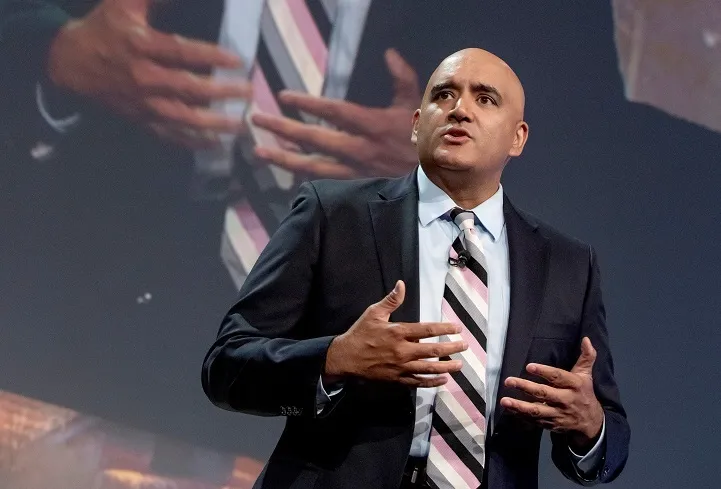President Obama is to propose a US$10 a barrel tax on crude oil to fund the overhaul of the US transportation infrastructure.
White House officials say the president’s 21st Century Clean Transportation System, funded by a new fee paid by oil companies would increase American investments in clean transportation infrastructure by roughly 50 per cent while reforming the investments already made to help reduce carbon pollution, cut oil consumption and create new jobs. They say the new fee on oil will also en
February 8, 2016
Read time: 2 mins
President Obama is to propose a US$10 a barrel tax on crude oil to fund the overhaul of the US transportation infrastructure.
White House officials say the president’s 21st Century Clean Transportation System, funded by a new fee paid by oil companies would increase American investments in clean transportation infrastructure by roughly 50 per cent while reforming the investments already made to help reduce carbon pollution, cut oil consumption and create new jobs. They say the new fee on oil will also encourage American innovation and leadership in clean technologies to help reshape our transportation landscape for the decades ahead.
Set to be announced in Obama’s Fiscal 2017 budget this week, the plan would provide nearly US$20 billion a year to help expand transit systems across the country and more than US$2 billion a year to support the research and development of self-driving vehicles and other low-carbon technologies.
“By placing a fee on oil, the President’s plan creates a clear incentive for private sector innovation to reduce our reliance on oil and at the same time invests in clean energy technologies that will power our future,” the White House said in a statement.
A leading Republican, Kevin McCarthy, whose area produces oil, said the plan would go nowhere in Congress, adding that it “would undoubtedly be passed along to consumers and would hit the American people with added costs during a period of prolonged economic insecurity in a weak economy.”
Transportation Secretary Anthony Foxx called the proposal a "bold new plan that will create a clean transportation system and increase overall investment in ways that give American communities more climate friendly choices."
White House officials say the president’s 21st Century Clean Transportation System, funded by a new fee paid by oil companies would increase American investments in clean transportation infrastructure by roughly 50 per cent while reforming the investments already made to help reduce carbon pollution, cut oil consumption and create new jobs. They say the new fee on oil will also encourage American innovation and leadership in clean technologies to help reshape our transportation landscape for the decades ahead.
Set to be announced in Obama’s Fiscal 2017 budget this week, the plan would provide nearly US$20 billion a year to help expand transit systems across the country and more than US$2 billion a year to support the research and development of self-driving vehicles and other low-carbon technologies.
“By placing a fee on oil, the President’s plan creates a clear incentive for private sector innovation to reduce our reliance on oil and at the same time invests in clean energy technologies that will power our future,” the White House said in a statement.
A leading Republican, Kevin McCarthy, whose area produces oil, said the plan would go nowhere in Congress, adding that it “would undoubtedly be passed along to consumers and would hit the American people with added costs during a period of prolonged economic insecurity in a weak economy.”
Transportation Secretary Anthony Foxx called the proposal a "bold new plan that will create a clean transportation system and increase overall investment in ways that give American communities more climate friendly choices."










